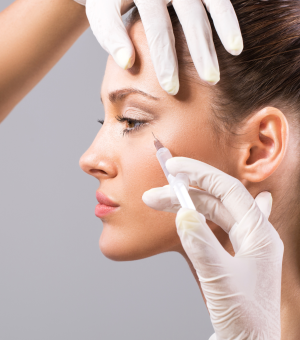Stay in the Shade
If you go outside, it's important to seek shady areas to help minimize the amount of sun exposure you subject yourself to. It's especially important to seek shade between the hours of 10AM and 4PM. Direct sunlight, especially during the afternoon, should be limited or avoided as much as possible.
Resist the Urge to Tan
As pretty as tan, glowing skin might be, the effects of tanning simply aren't worth it. When you look at your beautiful tan, what you're really seeing is UV damage and your skin's cry for help. If you continue to tan, the damage builds, and not only will your skin start to become rough and wrinkled prematurely, you also run a high risk of skin cancer. If your heart is set on bronzed skin, use a self tanning lotion instead of sunbathing or going to a tanning salon.
Add Layers
Even if it's hot, you should cover up as much as possible when you're outdoors. Wear protective clothing on your arms and legs. Shield your eyes with sunglasses, and wear a hat to avoid sunburn on your head. Yes, it can burn through your hair.
Slather on Sunscreen
Any time you are outside, you should apply sunscreen, even if it's cloudy and overcast. Always use a broad spectrum sunscreen that protects against UVA and UVB rays with an SPF of 30 or higher. You should also take care to apply enough sunscreen and remember to reapply often. Most adults need around an ounce of sunscreen to properly coat their bodies, and you should reapply every two hours, after swimming, and after excessive sweating.
Check Your Body
You should check your skin about once a month to make sure you don't notice any new spots or changing moles. If you do notice something suspicious, it's important that you see your dermatologist as soon as possible to get it checked out. Skin cancer is usually treatable if found early.
Know Your Risk Factors
While everyone can experience sun damage, certain attributes put people at a higher risk. If you have any of the following, be extremely cautious when venturing outside.
Light colored skin.
Skin cancer in your family history.
A personal history of sunburns. This is especially true if they occurred when you were younger.
Skin that burns, freckles, reddens easily or becomes painful in the sun.
Light colored eyes, such as blue or green.
Several moles on your body.




